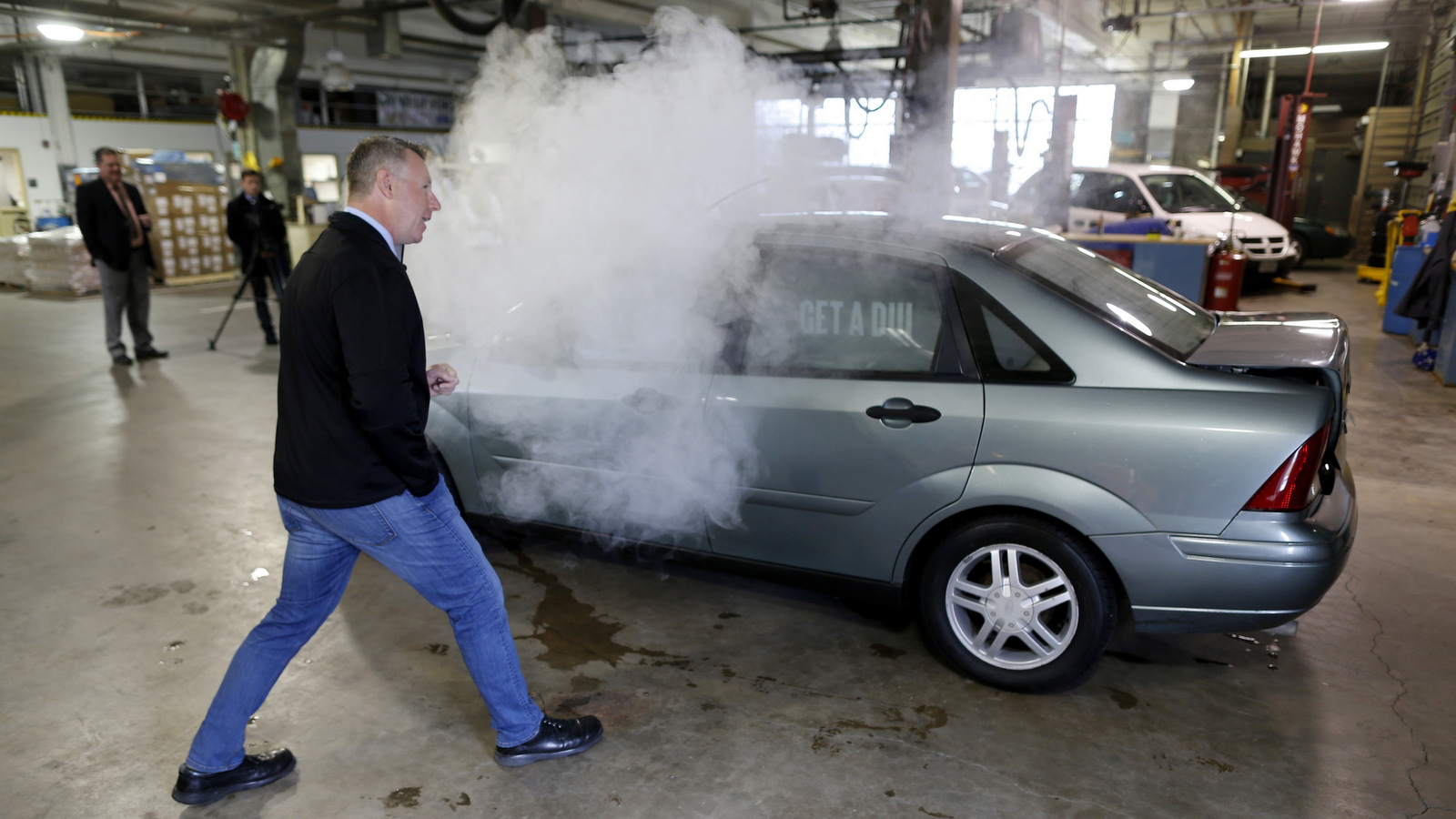
Phoenix (ANALYSIS) – A Court of Appeals in Phoenix delivered a ruling on Thursday that could set a precedent as legal systems grapple with the question of driving under the influence of cannabis.
“Medical marijuana users cannot be convicted of driving while under the influence of the drug absent proof that they were actually impaired, the state Court of Appeals ruled Thursday.
In a major setback for prosecutors, the judges pointed out that Arizona, unlike some other states, has no law that spells out that at a certain level of tetrahydrocannabinol (THC) in the blood a person is presumed to be impaired…
What that means is every case where prosecutors charge a medical marijuana user with breaking the law requires expert testimony to show that particular individual was impaired at that particular level of THC.”
This is a huge win for citizens and for rationality itself, as it negates the government’s assumption that an arbitrary number means a driver is impaired, which provided grounds for criminal conviction.
Nadir Ishak was pulled over in 2013 after his vehicle drifted out of its lane. Instead of invoking his 5th Amendment right to remain silent, Ishak admitted to smoking cannabis that morning when the cop probed him for some sign of “criminal” behavior. The cop said Ishak had bloodshot eyes and “body tremors and eye tremors” during a field sobriety test.
Ishak was charged with ‘driving while impaired to the slightest degree’ and ‘driving with marijuana in his body.’ Jurors convicted him of the second charge, but even though Ishak had a state-issued medical card, the city judge refused to allow him to tell this to jurors.
Presenting the medical cannabis card would have shown the jury that “Ishak was legally entitled under the 2010 Arizona Medical Marijuana Act to use the drug and have it in his system.” Judge Diane Johnsen at the Court of Appeals recognized that Ishak was denied a fair trial, and further pointed out the city judge was wrong to rule that “it was up to Ishak to prove he was not impaired.”
The city prosecutor had actually stated it’s irrelevant whether a defendant is actually impaired or not, and suggested the 2010 law means medical cannabis cardholders have to prove through expert testimony that THC in their blood does not cause impairment in “people generally” or “in any person.”
It appears city judges and prosecutors had set up a nice little trap for medical cannabis patients – but the higher court just demolished it.
“Nothing in the statute … requires a cardholder to present expert testimony (or precludes a cardholder from offering non-expert testimony) on the question of whether the cardholder was impaired due to THC,” wrote Judge Johnsen. “Further supporting this conclusion is the reality that, at present, there is no presumptive impairment limit established by (Arizona) law.”
Johnsen also rightfully pointed out: “And, according to evidence here, there is no scientific consensus about the concentration of THC that generally is sufficient to impair a human being.”
Even though Ishak had a blood-THC level of 26.9 nanograms, there was no foundation to prove this causes impairment.
Indeed, there is no widely accepted way to test cannabis impairment in drivers, as THC metabolites can show up in the blood long after a person has ingested cannabis. Also, experienced users can be completely unimpaired even if they test above an arbitrarily-derived blood-THC limit.
“The Arizona Supreme Court already has ruled that the mere presence of metabolites — the chemical compounds caused the the breakdown of marijuana in the body — is insufficient by itself to prove impairment. That’s because those chemicals can remain in the body for days or weeks afterwards.”
Despite the best efforts of local prosecutors to criminalize medical cannabis patients when they drive vehicles, it appears that state courts are having none of it.
“Thursday’s decision is the latest in a string of appellate court rulings that have limited the ability of prosecutors to bring various charges against medical-marijuana patients. These range from limiting the kind of evidence that prosecutors can use to bring drugged-driving charges, to requirements for law enforcement officers to give back drugs taken from legal users.”

